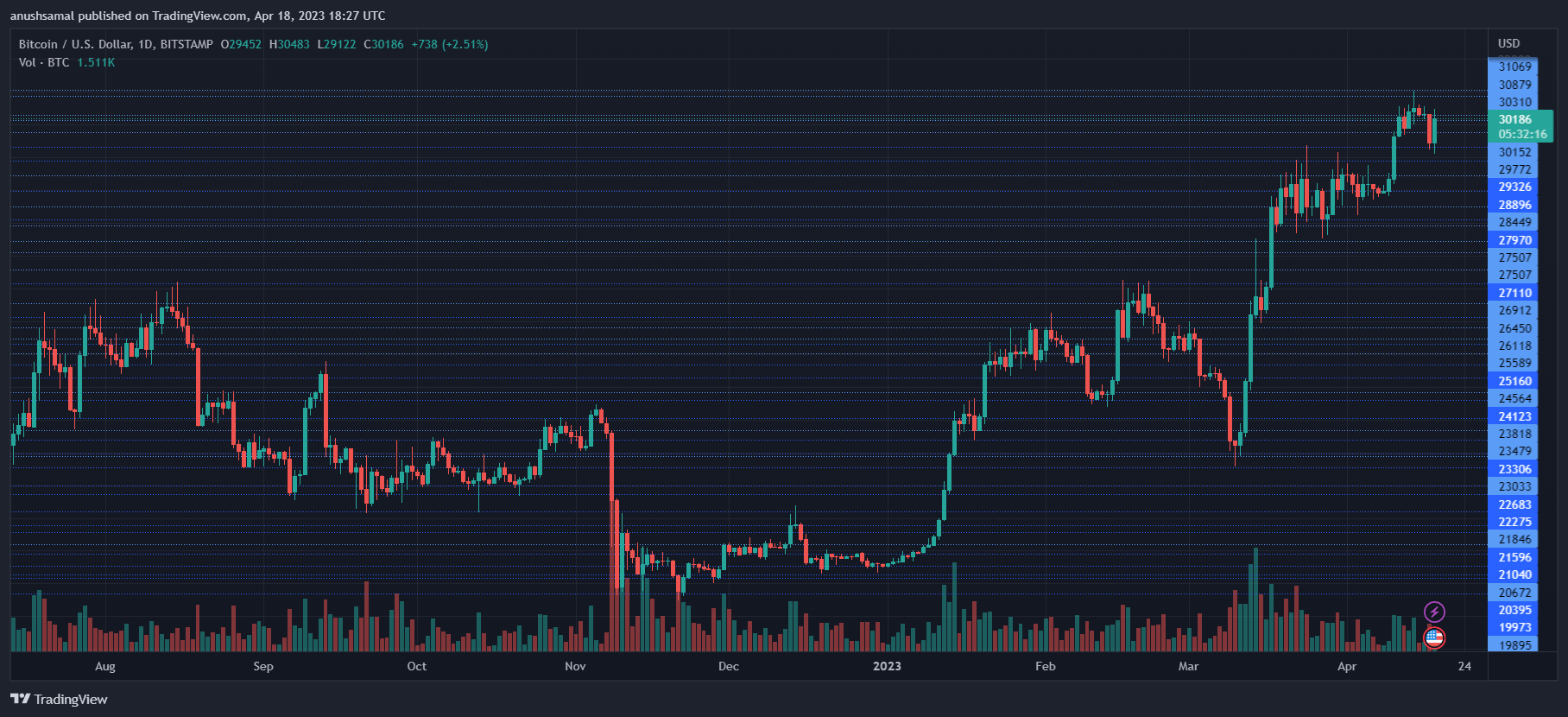United Arab Emirates Securities regulator announced that it is now accepting license applications from companies keen to offer cryptocurrency services in the country. The UAE is more aggressive in regulating digital currencies within its borders, according to a press release dated April 17.
Cryptocurrency companies wishing to do business in the United Arab Emirates are now required to obtain a license from the Securities and Commodities Authority (SCA). The SCA has directed all virtual asset service providers (VASPs) in the country to apply for approval, except those already licensed in the UAE’s financial free zones.
The SCA recently approved this licensing regime after the UAE Ministerial Council made a decision last year to regulate the cryptocurrency sector. Since the beginning of the year, SCA has been entrusted with the regulation of the sector.
To gain regulatory approval, virtual asset service providers (VASPs) must demonstrate “operational efficiency and flexibility” and meet certain operational criteria.
Dubai and Abu Dhabi, among other emirates, have already established licensing frameworks for cryptocurrency companies, with local industry backing Dubai’s recently introduced regime.
Other Details About Crypto Licensing
The SCA has revealed that cryptocurrency companies operating in Dubai, which set a licensing framework last year, must obtain approval from the country’s securities regulator and obtain a license from the Dubai Virtual Assets Regulatory Authority (VARA). I made it
The new regulation outlines digital asset business activities that require a license as defined in Article 5.
The new regulation gives the Securities and Commodities Authority (SCA) the power to require supplementary documents from crypto companies under Section (6). Parallel to this provision, Article 7 establishes minimum capital requirements for companies that must comply with the Financial Action Task Force (FATF) anti-money laundering guidelines.
The United Arab Emirates, currently on the FATF’s gray list, faces increased scrutiny, making it imperative that cryptocurrency companies maintain high standards of transparency and accountability.
According to a recent announcement, there are plans to revise the virtual asset rulebook in 2022. The law update covers financial activities such as brokerage and custody of virtual assets.
A new category of virtual asset service providers will also be added to the rulebook. The move demonstrates the country’s commitment to regulating the UAE’s fast-growing cryptocurrency sector, which has seen a lot of interest recently.
The SCA took over regulation and oversight of the cryptocurrency sector in February, with a focus on protecting cryptocurrency investors’ funds from illicit activity. The SCA also oversees investment-related crypto-asset transactions, while the UAE’s Central Bank regulates cryptos used for payments.

Featured image from Hindustan Times, chart from TradingView.com

